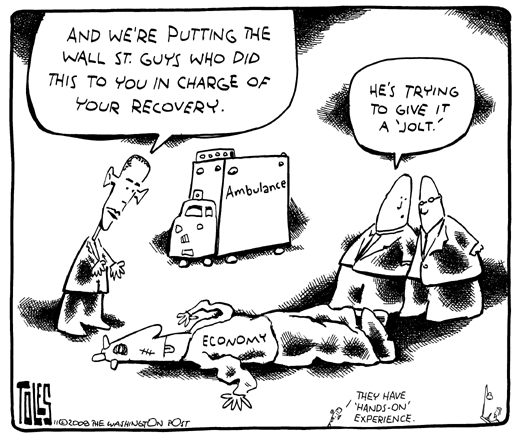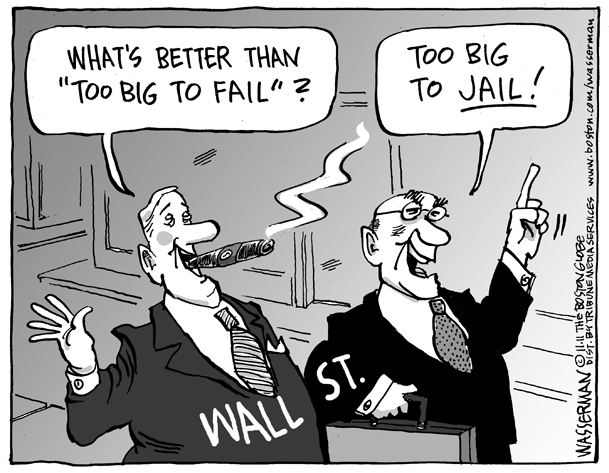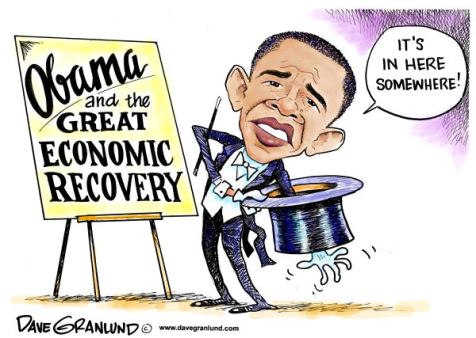OBAMA’S ECONOMIC POLICIES
The first thing to understand about Obama is that he was Wall Street’s man from the beginning. He was, after all, the first candidate to turn down public campaign financing, because he didn’t need it. As I mentioned earlier, Goldman Sachs had been his largest campaign contributor in 2008, despite his criticism of “the greed and irresponsibility of Wall Street”. He also took huge donations from the defense industry as well as the pharmaceutical industry, which reversed years of supporting Republicans and contributed more than three times as much to him as it did to McCain.
And the most revealing information in the leak (not a hack) of the DNC emails is that prior to that election, Citigroup executive Michael Froman sent a list of suggested cabinet appointees to John Podesta. Obama appointed nearly everyone on the list, including free marketeers Robert Rubin, Larry Summers and Timothy Geithner, all three of whom had been involved in previous policies, including deregulation, that had led to the financial crisis.  Citigroup itself became the recipient (over $300 billion) of the largest government bailout and Froman became U.S. trade representative. Obama made GE chairman Jeffrey Immelt his chief outside economic advisor even as GE was outsourcing jobs and cutting benefits.
Citigroup itself became the recipient (over $300 billion) of the largest government bailout and Froman became U.S. trade representative. Obama made GE chairman Jeffrey Immelt his chief outside economic advisor even as GE was outsourcing jobs and cutting benefits.
Certainly, no one should be surprised that, despite massive public support for jailing the perpetrators, no one was indicted, let alone jailed. Nor should we be surprised that those same banks that Obama declared “too big to fail” are now much larger and much more likely to create the next financial crash. 
Early on, he called a meeting of banking executives. “The president had us at a moment of real vulnerability,” one of them told Ron Suskind in his book Confidence Men. “At that point, he could have ordered us to do just about anything and we would have rolled over. But he didn’t – he mostly wanted to help us out, to quell the mob.” This included defying Congress to avoid limiting executive pay, even to those companies receiving bailout funds. And with those funds they could make money with no risk, by lending back to the Treasury. Quickly, their compensation reached record levels, especially among hedge fund managers.
In 2010 a member of an independent congressional oversight panel told Treasury officials: “We can either have a rational resolution to the foreclosure crisis, or we can preserve the capital structure of the banks. We can’t do both.” They chose the latter, beginning by extending Bush’s tax cuts. The stimulus program led to a dubious “recovery” that benefited almost exclusively the top one percent. For the rest, wages and benefits declined, a fact that Trump would shape into his own narrative later. By 2011, the one percent had more wealth than the bottom 90%. And although 58% of the country wanted the government to help stop foreclosures, Obama did nothing. 
I suggested in Chapter Eight of my book that in 2008 Obama, Wall Street’s candidate, beat McCain, the oil industry’s man. Obama did respond to liberal pressure and blocked the Keystone and (temporarily) Dakota Access pipelines. But the energy titans are equal partners in the Deep State, and Obama was certainly no enemy to them, as he allowed them to charge excessive rates and blessed them with billions in tax breaks.
I certainly don’t pretend to understand finance. But writers such as Michael Gray claim that rather than using the term “Great Recession,”
…The years 2008 through 2015 should be known as the Great Fleecing. During that time period the greatest transfer of wealth in the history of the world occurred. Some $4.5 trillion was given to Wall Street banks with the American people picking up the IOU and getting little more than working ATMs for the misery.
Almost all of that money, of course, went to the ultra-rich. And, as conservatives always promise, did they invest in job-creating industries on American soil? No, they did what the rich always do; they took advantage of the massive network of global tax evasion detailed in 2016’s “Panama Papers”. Rebecca Wilkins of Citizens for Tax Justice, says:
A tax haven…has one of three characteristics: It has no income tax or a very low-rate income tax; it has bank secrecy laws; and it has a history of noncooperation with other countries on exchanging information about tax matters…Panama has all three of those…They’re probably the worst.
A 2012 report by the British Tax Justice Network estimated that unreported tax havens worldwide shelter between $21 and $32 trillion. Apparently the rich wanted even more. Obama’s Panama Free Trade Agreement of 2011 actually encouraged corporations to thwart efforts by regulatory agencies to combat financial secrecy in tax haven countries. Major financial firms already supported by taxpayer bailouts praised the deal, which made it easier for them to set up offshore bank accounts and avoid paying many taxes altogether.
Even among the corporate stooges in Congress, it turned out that not enough of them could stomach Obama’s attempt to force the Trans-Pacific Partnership down the nation’s throat. This truly terrible giveaway to the rich, negotiated in secrecy, would have permitted Big Business to sue the U.S. and eleven other governments before a panel of three corporate lawyers that could award unlimited sums, including for loss of future expected profits if they claimed U.S. policies might violate the new entitlements.
If this monstrosity had ever come up for a vote, Obama would have had to ally himself with the Republicans against his own party. In the election, Clinton’s mild but transparently false opposition to something she herself had crafted was another factor in her loss to Trump, who (whatever you think of him) accurately criticized it as yet another job killer.
The bailout of the auto industry (actually, only General Motors and Chrysler) is a hugely complicated issue and open to much interpretation, as is Obama’s claim that “The auto companies have now repaid taxpayers every dime and more…”, as well as his claim that a million and a half jobs were saved. Many certainly were saved, but many just as certainly would have transferred over to Toyota and the several other companies that did not need government assistance. Why not? Because with the exception of Ford, they hadn’t put all their chips on gas-guzzling SUVs.
And all of the Asian and European automakers had greatly improved their technology, something in which the American companies had shown little interest over the decades. The implications: perhaps saving those dinosaurs was worth it, but at base, Obama richly rewarded two giant companies (and their stockholders) for their bad business practices and effectively punished others for their good business practices.
Did wrecking the middle class and increasing the disparity between rich and poor to the greatest point since the 1930s (some would say the 1880s) amount to bad business practices? As I implied above, that money didn’t just go away. Much of it went over to the other side of the ledger. Although this is not entirely Obama’s responsibility, the National Debt did increase under his watch from about $10 trillion to about $20 trillion. It’s another vastly complicated question, but it is instructive to ask just who profits – cui bono? – when the debt increases. After all, it’s reasonable to assume that whenever something happens at the federal level, somebody is profiting.
At the very least, the administration and the Congress profit, because deficits are a way of hiding the fact that military spending and reducing taxes have been bankrupting the nation ever since the Viet Nam war. In this sense, the debt amounts to nothing more than future taxation, a mortgage cast upon future taxpayers – our grandchildren – and politicians not currently in office. And after foreign nations such as China, much of the debt, some 15%, is held by private banks and investors. Mutual funds alone hold more than $1 trillion in Treasury debt. So the bottom line, so to speak, is that only those (increasingly few) who can afford to invest in the stock market get to play with that money. Obama didn’t create this shell game, but he did nothing to reform it.
Next: Foreign policy.